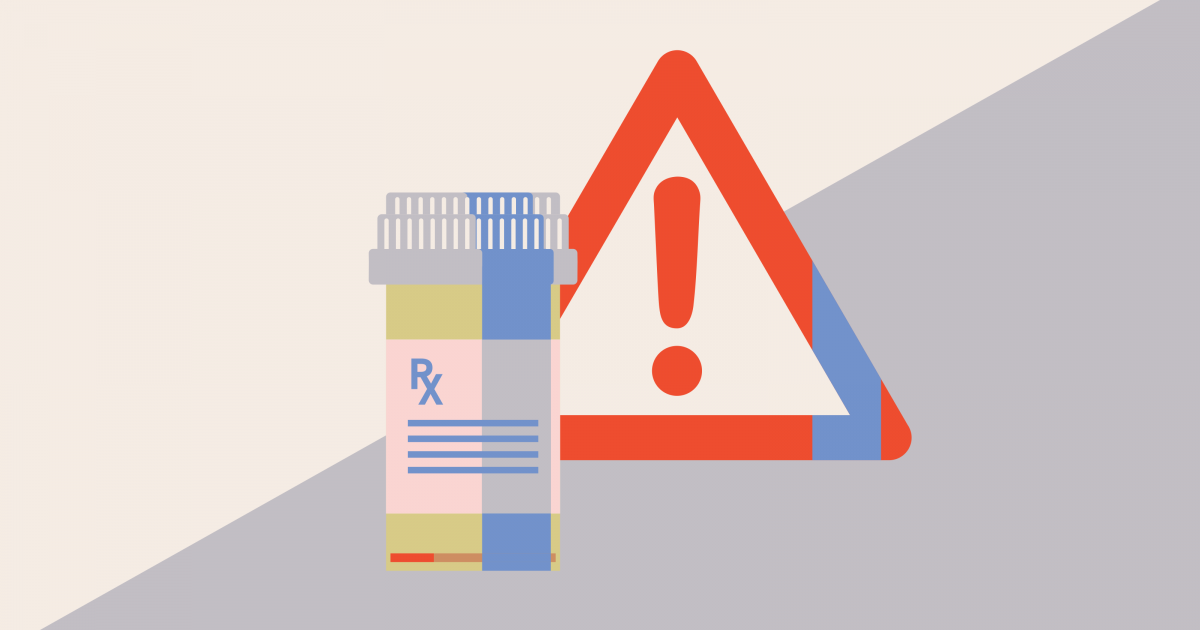What Are ACE Inhibitors?
- Angiotensin-converting enzyme (ACE) inhibitors are medications that dilate your veins and arteries, making it easier for your heart to pump blood.
- ACE inhibitors work best for people who have a reduced ejection fraction, which is the fraction of blood that your heart pumps out with each beat.
- The most common side effect with ACE inhibitors is a dry, persistent cough.
One of those options is angiotensin-converting enzyme (ACE) inhibitors, a drug commonly used to treat high blood pressure (hypertension). This class of medication has been around for more than 25 years and has been widely studied by cardiologists and researchers.
What Are ACE Inhibitors?
Read MoreIn some cases, the drugs may also be used in earlier stages of heart failure, as well as in patients with heart disease who are not showing signs of heart failure.
Types Of ACE Inhibitors
Many ACE inhibitors are available. Some ACE inhibitor medicines are also part of a tablet combined with a calcium-channel blocker medicine or diuretic medicine.
Diuretics are also known as "water pills,” because they increase the amount of salt (sodium) and water that is expelled by your kidneys into the urine. And calcium channel blockers are medications used to control hypertension (high blood pressure), angina (chest pain) or arrhythmia (irregular heartbeats). These blockers slow the rate at which calcium passes into the heart muscle and into the vessel walls, relaxing them. The relaxed vessels let blood flow more easily through them, thereby lowering blood pressure.
It's important to let your doctor know about any other diseases or allergies you have so they can weigh risks vs. benefits and make any needed adjustments to your treatment plan. These are some examples of ACE inhibitors available:
- Benazepril (Lotensin)
- Captopril
- Enalapril (Vasotec)
- Fosinopril
- Lisinopril (Prinivil, Zestril)
- Moexipril
- Perindopril
- Quinapril (Accupril)
- Ramipril (Altace)
- Trandolapril
These medications may differ on how long they stay effective in your blood. For instance, enalapril, captopril and benazepril are older and tend to only work for a few hours depending on the person, whereas lisinopril is newer and generally lasts longer.
Side Effects of ACE Inhibitors
“ACE inhibitors do have to be used carefully and under control settings,” notes Dr. Dwivedi. “Patients who get started on ACE inhibitors may experience lightheadedness and dizziness. We also have to monitor your kidney function and your potassium levels while you’re on this medication.”
The most common side effect with ACE inhibitors is a dry, persistent cough. Other side effects include:
- Headache
- Diarrhea
- Fatigue
- Dizziness, lightheadedness or fainting
- Loss of taste or a taste of stainless steel in your mouth
- Loss of appetite
- Nausea/Upset stomach
- Skin that is sensitive to sunlight
According to Dr. Dwivedi, one of the side effects, which is rare, is swelling of the lips or swelling of the throat also known as angioedema. So, it’s important to be regularly monitored while you’re on this medication.
You need to have your blood pressure and kidney function tested periodically and it’s essential that you let your doctor know about any side effects you experience on these drugs, so they can weigh risks vs. benefits and make any needed adjustments to your treatment plan.
Questions to Ask Your Doctor
- How will I know the drug is working the way it's supposed to work?
- What if I am taking other medicines?
- Should I have my blood pressure and kidney function tested while taking this drug?
Learn more about SurvivorNet's rigorous medical review process.

